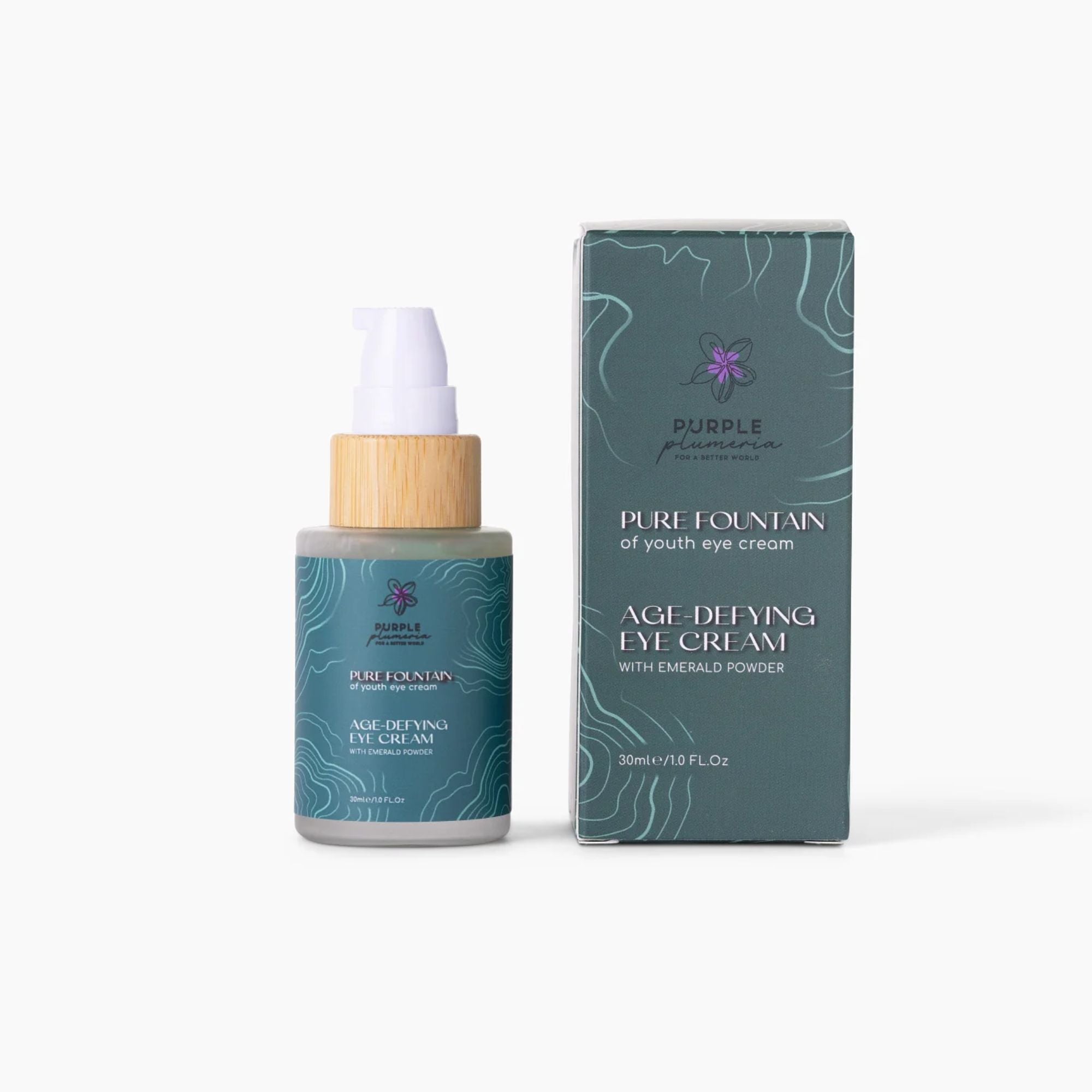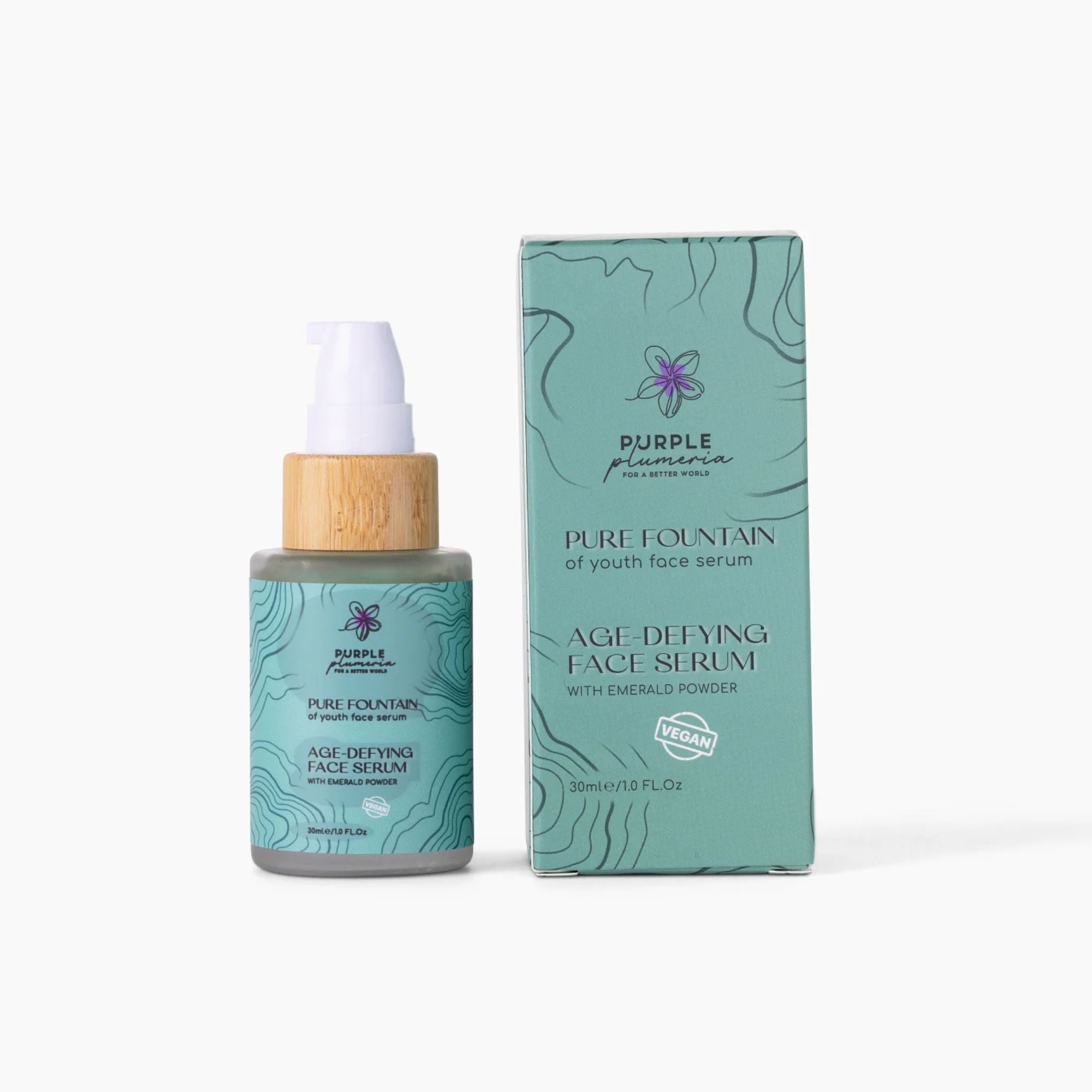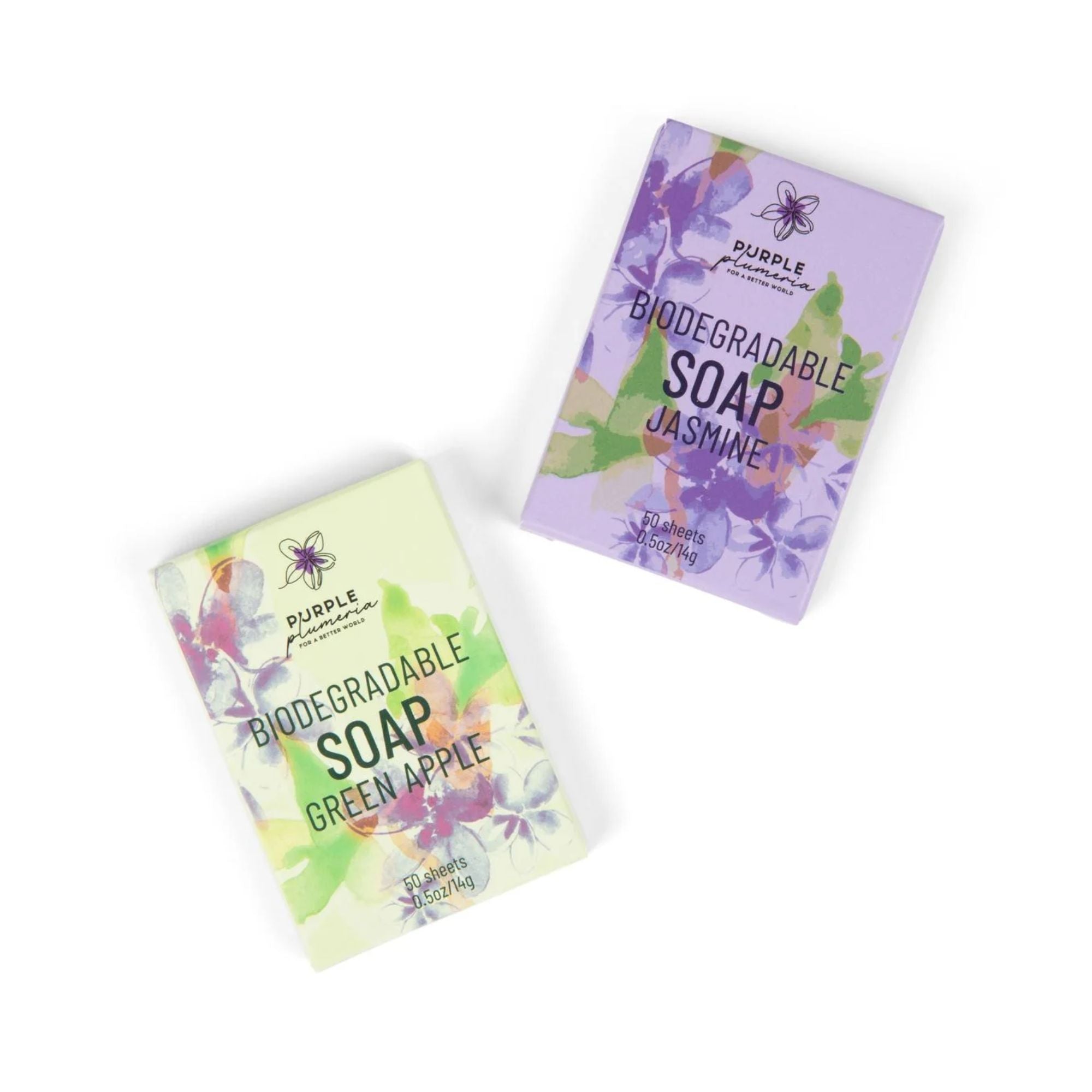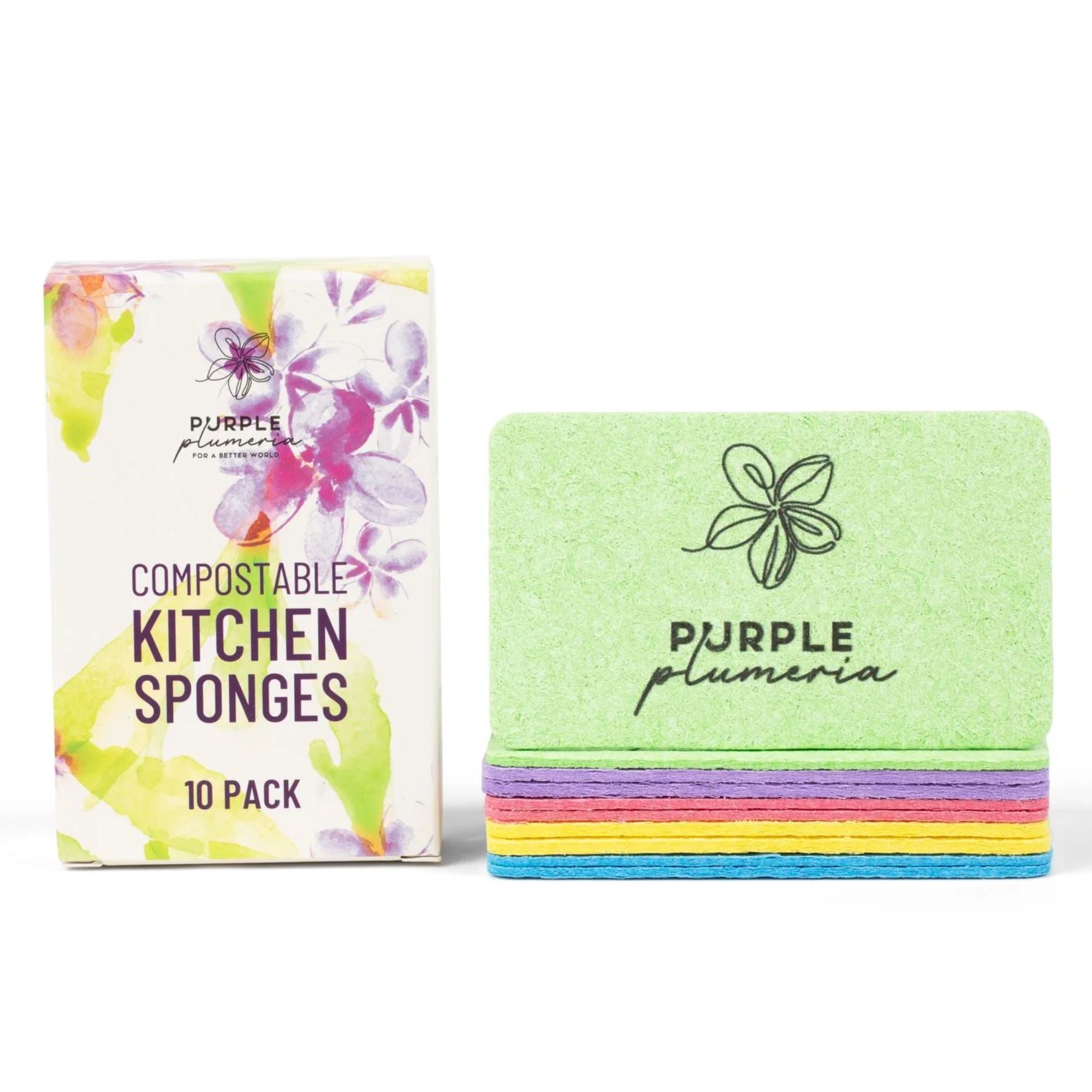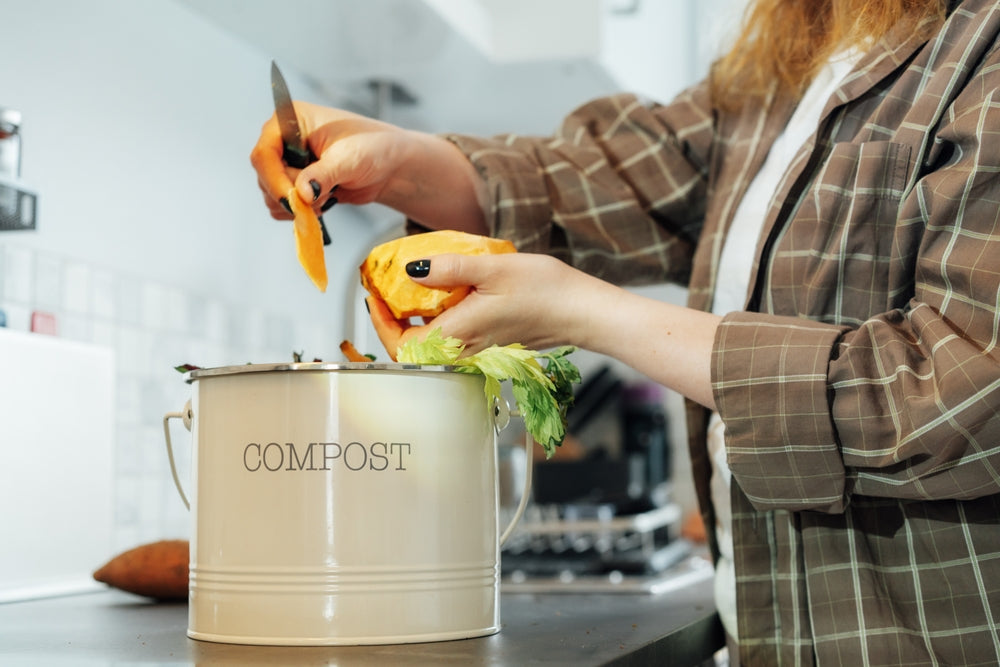Composting isn’t an eco-friendly buzzword, but it is one of the easiest and most impactful ways to reduce household waste and nourish the planet.
By turning kitchen scraps and yard waste into nutrient-rich compost, you’re creating something truly valuable from what would otherwise end up in a landfill. Plus, composting empowers you to minimize your environmental footprint while giving your plants the best possible care.
If you’re wondering how to start composting, this guide will explain everything you need to know. With a little effort, you can create a low-maintenance system that fits your lifestyle and makes a big difference.
Choosing the Right Composting Method
The first step in composting is deciding on a method that works for you. There is no one-size-fits-all approach, so consider your available space, the type of waste you generate, and your level of commitment.
If you have outdoor space, backyard composting is a great option. It allows for larger-scale composting and allows you to add more.
Vermicomposting, on the other hand, involves using worms to break down food scraps. It’s perfect for apartments or smaller spaces since it requires no yard.
Lastly, there are compact indoor composting systems designed for convenience in kitchens and tight spaces.
Pick a method that feels manageable—you can always scale up later!
Setting Up Your Composting Space
Once you’ve chosen a method, it’s time to set up your composting area.
For outdoor composting, look for a shaded spot that’s easy to access. A simple compost bin or even a DIY pile can work. For indoor systems, consider countertop bins or discreet containers that keep odors at bay.

Ensure you have a few essential tools: a pitchfork or compost turner for mixing, a bin for collecting scraps, and gloves for handling materials.
To keep things tidy, line your scrap container with compostable bags or place it near your kitchen workspace.
Understanding Compostable Materials
You need the right mix of ingredients to create rich, balanced compost. Composting relies on a balance between “greens” (nitrogen-rich materials) and “browns” (carbon-rich materials).
Greens include fruit and vegetable scraps, coffee grounds, and grass clippings, while browns include dried leaves, cardboard, and shredded newspaper.
Avoid adding anything that could attract pests or disrupt the process. This means no meat, dairy, or oily foods. Similarly, avoid synthetic materials, treated wood, and diseased plants. For the best results, stick to natural, biodegradable materials.
To maximize the number of products you compost, use household items such as compostable garbage bags, cling wraps, and dish sponges.
Building and Maintaining Your Compost Pile
Building your compost pile is like assembling a lasagna—proper layering is key! Start with a base of browns, followed by greens, and alternate as you go. This ensures a balanced mixture that breaks down efficiently.
Aeration and moisture are crucial for decomposition. Turn your pile regularly to introduce oxygen, and keep it moist like a wrung-out sponge. If it’s too dry, add water; if it’s too wet, mix in more browns to absorb excess moisture.
If you notice bad odors or slow decomposition, adjust the balance of greens and browns or turn the pile more frequently. Composting isn’t an exact science, but small tweaks make a big difference.
The Role of Time and Patience
Composting is a process that requires patience. Depending on your method, it can take a few weeks to several months for your compost to mature. You’ll know it’s ready when it has a dark, crumbly texture, an earthy smell, and no visible food scraps.
If you’re eager to use your compost but it’s not fully finished, don’t worry!
You can apply partially decomposed compost as a mulch around plants or mix it into garden beds to improve soil quality over time.
Using Your Compost Effectively
The payoff for your efforts comes when you put that compost to use. Spread it around your garden beds, mix it into potting soil, or use it as a top dressing for houseplants.
Compost improves soil structure, boosts water retention, and provides essential nutrients that help plants thrive.
To get the most out of your compost, apply it during planting seasons or as part of your garden maintenance routine. Even if you don’t have a garden, you can donate your compost to a community garden or share it with neighbors.
Tips for Staying Consistent
Consistency is the secret to successful composting. Make it part of your daily or weekly routine to collect scraps and tend to your compost pile. Keeping a small bin in your kitchen makes it easy to gather materials as you cook.
Get the whole household involved by making composting fun and educational. Teach kids about sustainability or set goals, like reducing the food waste you throw away each week.

Small habits add up; before you know it, composting will feel effortless.
Expanding Your Composting Efforts
Once you’ve mastered the basics, why not take your composting to the next level? Try hot composting for faster results, or experiment with bokashi composting for fermenting food scraps.
You can also connect with local composting initiatives to learn more and share your journey with others. By spreading the word, you inspire more people to join the movement and contribute to a healthier planet.
Your Composting Journey Starts Here
Starting your composting journey is easier than you might think. By choosing the right method, setting up your space, and staying consistent, you’ll create a sustainable system that benefits your home and the environment.
Remember, learning to compost properly is about taking one step at a time and enjoying the process.
Start today, and watch how small changes can lead to a greener, more fulfilling lifestyle.
Make a Difference With Eco-Friendly Choices
Ready to take your commitment to sustainability even further?
At Purple Plumeria, we offer a wide range of eco-conscious products to help you reach your composting goals.
Shop our sustainable kitchen products and eco-friendly bath products and join a community dedicated to reducing waste and embracing mindful living.
